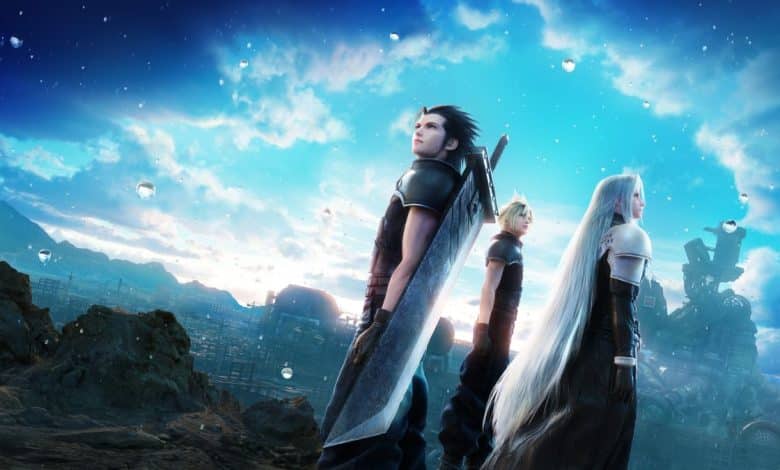
CRISIS CORE – FINAL FANTASY VII REUNION
In recent years, especially since the advent of the previous generation of consoles, we've seen quite a few game remasters. However, many of them didn't make much sense to the gamer, as only a few years had passed since their original release. However, there are cases where the remaster has real substance, as for various reasons, the original game is almost impossible to play in today's world. One such case is Crisis Core: Final Fantasy VII, a game released exclusively on Sony's first portable console, the PSP, which limited the audience that could engage with it to owners of that now-defunct console and/or via emulation.
Of course, we'd be delusional if we didn't point out the fact that the existence of the remastered version of Crisis Core is mainly due to the popularity of Final Fantasy VII Remake, whose enigmatic finale connects the two games, while also serving as a link to the upcoming Final Fantasy VII Rebirth. Besides, the fact that Crisis Core is a remaster and not some sort of modern remake means that the experience you get is the same as the one in 2007, whatever that entails.
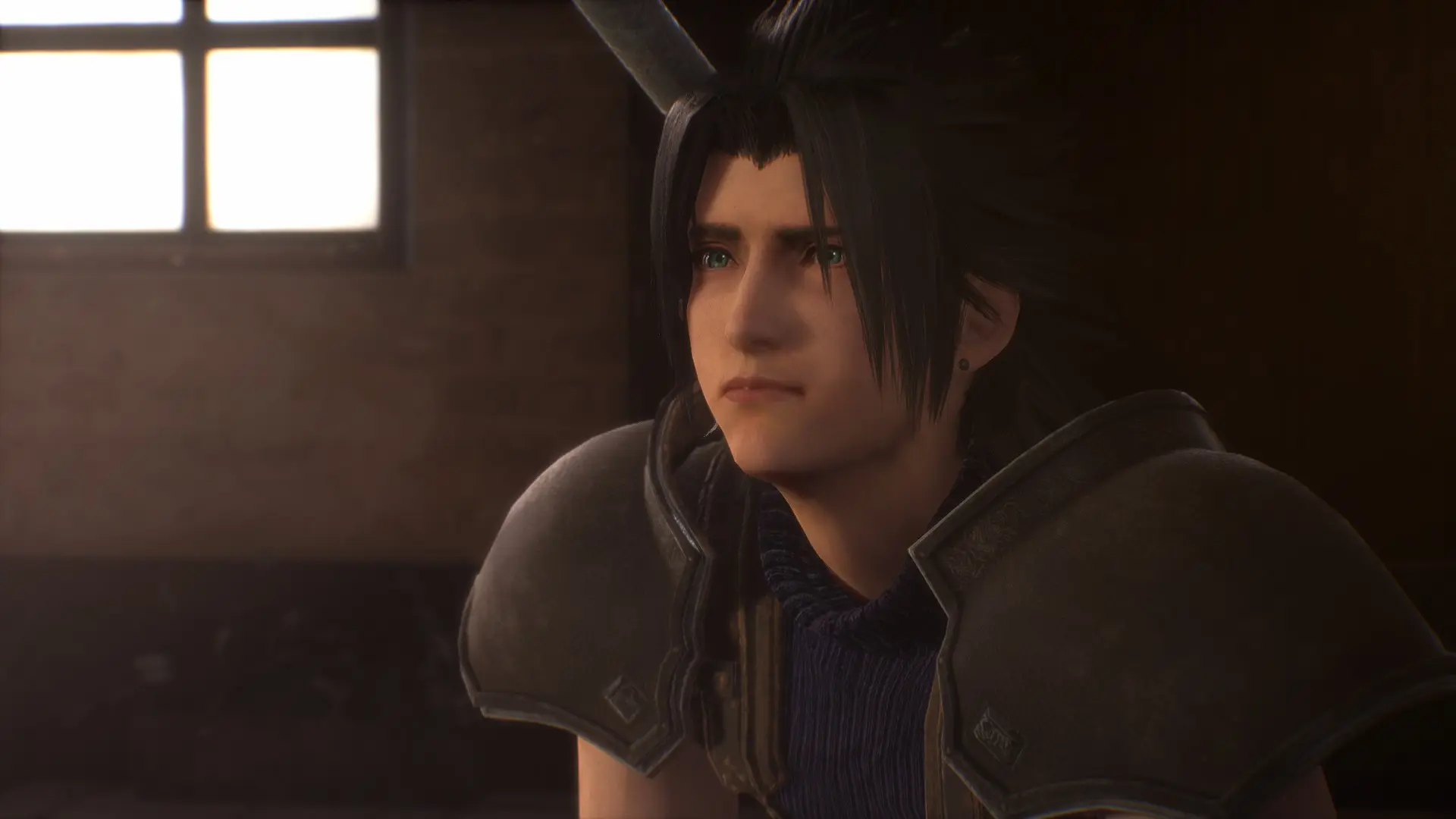
In essence, Crisis Core: Reunion is a prequel to Final Fantasy VII and tells the story of the events that preceded Cloud and company. This means that throughout the adventure, we'll meet familiar faces, including Cloud himself as a "newbie" recruit, Tifa, Aerith, and of course Sephiroth (as a key member of Shinra), but the story focuses on a different hero. That's Zack Fair, an enthusiastic SOLDIER member who tries to climb as high in the ranks as possible by taking on the most dangerous missions. Of course, Zack's ignorance of danger makes him irritatingly "happy", a mood that will be cut rather abruptly when the first clouds begin to form in his relationship with the Shinra company, and with some people he has, until recently, thought of as brothers.
So by playing Crisis Core, we'll learn the reasons why Sephiroth became the one-winged "monster" we know, but also how Zack is a "precursor" to Cloud for what followed in the Final Fantasy VII Remake. It's a story that has its moments, but doesn't impress with its storytelling. Instead, it rambles quite often (as is common in Japanese games), and is also riddled with some cheesy dialogue, which admittedly makes me wonder if they are a faithful translation from the Japanese or if they really are that cheesy. For all its predictability, it's pleasant to watch, and the fact that it lasts about 12 hours doesn't have time to become tedious. It's one of the rare times a JRPG lasts this short, but I reckon that's due to the limitations of the PSP rather than the original plan its creators had in mind from the start.
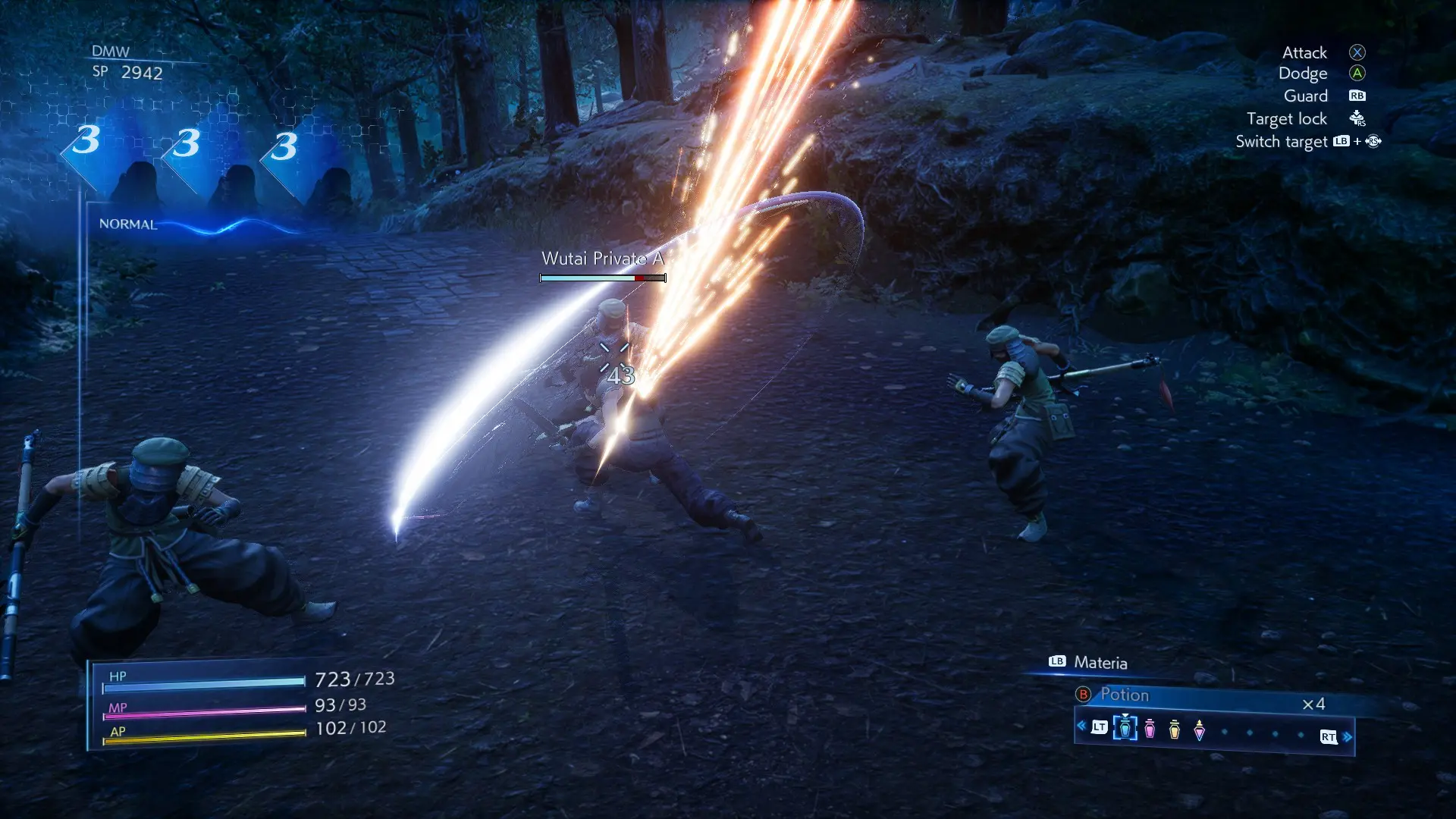
Limitations that are also evident throughout the game: from the technical aspect to the core of the action, which is divided into 10 small chapters. Both the condensed spaces we move through and the intermittent structure of the gameplay, with the cut-scene/battle diptych alternating more often than you'd assume, make it clear that this is a port from a much lesser machine.
Things are quite simple, with each objective appearing close to the point we are at, while any side missions we undertake (with a few exceptions) are done via the relevant menu when we are on a save point. In this case, we select the mission and are automatically taken to a standalone (very small) map and our goal is, usually, to take out a powerful enemy. In return, we earn experience points and some useful item with which to strengthen Zack, both in terms of conventional equipment and materia, which are generally an important part of the gameplay. The number of side missions is huge and their structure is overly repetitive, however they usually take a few minutes to complete, so they are not a particular problem to deal with for a while, then move on to the main campaign, then return and so on.
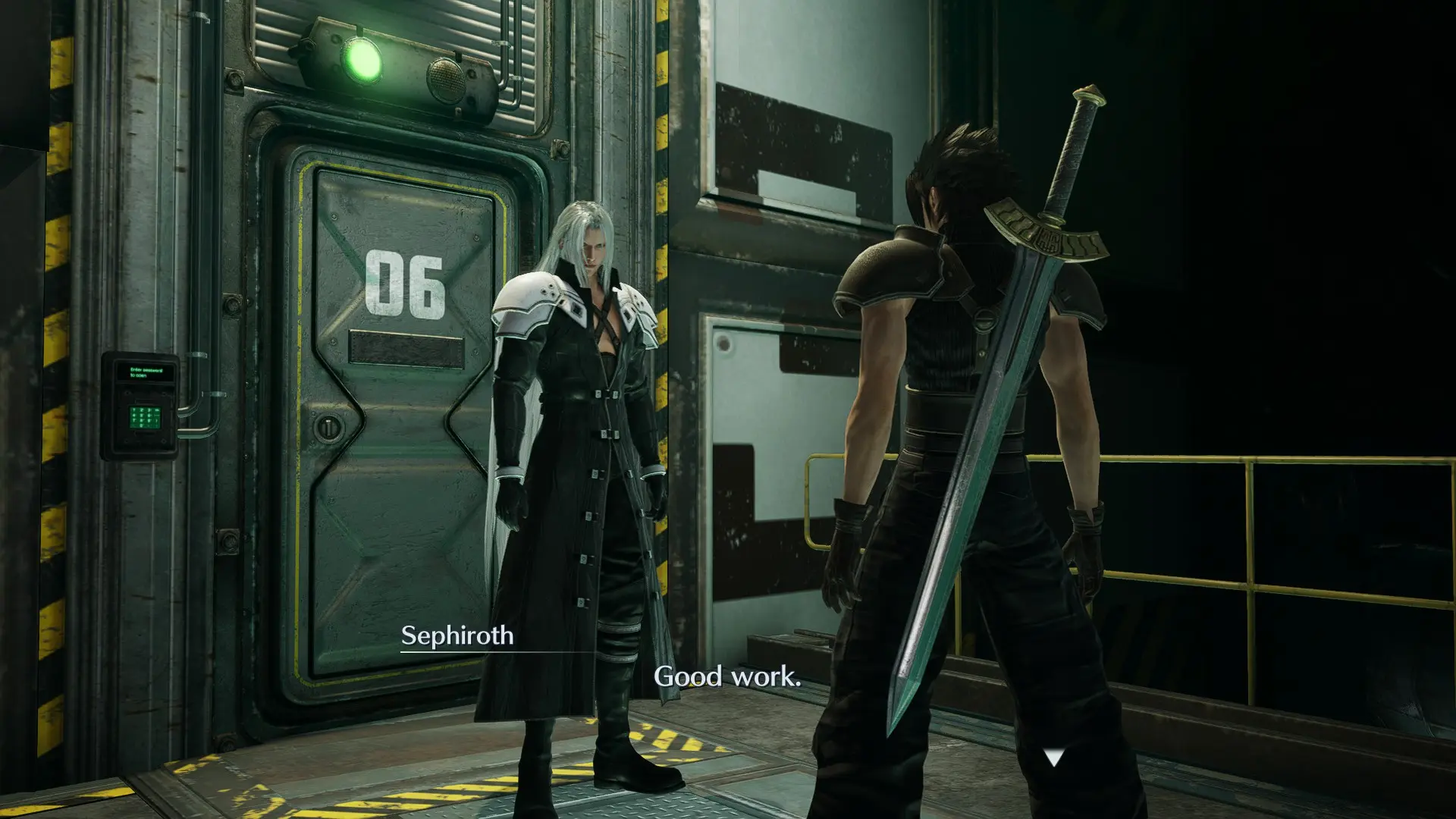
Helping to make the experience of playing the game a pleasant one is its combat system. Moving along real-time paths, much like that of the recent remake, it's a clear upgrade from the original game's system and perhaps the only element that Crisis Core: Reunion differentiates itself so much. Now, things are clear, with attack, guard and dodge moves mapped to corresponding buttons on the controller (or keyboard), while the quick actions menu is excellent, allowing Zack to instantly perform both materia-based spells or special moves (with their associated MP or AP points of course) and use items in his inventory for instant healing, status effect prevention, etc.
Besides, it's possible to create combos, and the Digital Mind Wave (DMW) bar, a rather annoying feature in the original game in my opinion, interferes much less now. It's essentially a roulette wheel that spins endlessly in the top left of the screen, and when it manages to hit a "winning" combination, it adds an extra weapon to Zack's quiver. This weapon can be a summon (which we activate whenever we want), a temporary buff (e.g. no MP cost on spells or zero damage to enemy hits), or even a materia power-up at a higher level. This means that, if we're lucky, some battles can seem like a walk in the park, or just the opposite if we're unfortunate.
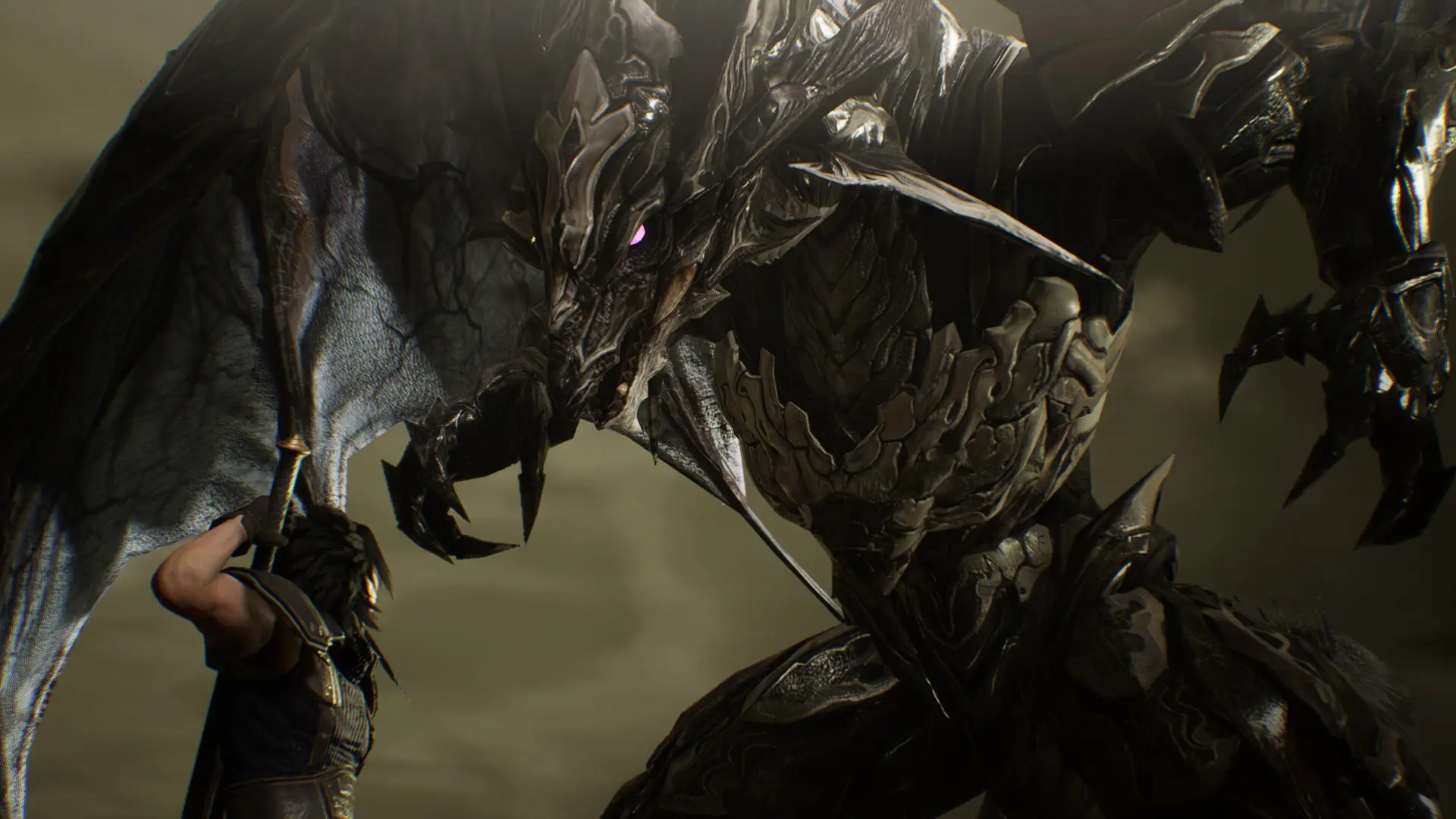
To be honest, Crisis Core: Reunion isn't so difficult that we have to depend solely on the whims of DMW. If we make sure to properly equip Zack with the right materia, upgrade them to Master level, or create new ones via the Materia Fusion mode, there will be very few battles that will be difficult. After all, we really do have a lot of options in how we mold Zack's fighting style, and that in itself is quite impressive and addictive at the same time. In my playthrough, I made a mage-based Zack and from about halfway through the game onwards, he didn't encounter the slightest bit of trouble with any of the bosses in the main campaign - for the optional ones, we're debating.
After all, as usual in Final Fantasy, bosses are the spice of the game and here you'll find a lot of them, of various types and sizes. On the contrary, the common encounters, which by the way are random (oh yes, but there's an easy way to avoid them if you get bored - move close to the walls of each level) are not a big challenge, especially when clearly depicted on their health bar, an indication of which element they have a weakness in (fire, ice, electricity). Therefore, use magic or attacks based on that element on them, and in a few seconds, the modest ceremony is over. In the few times you lose, the game allows you to repeat the battle with the same materia or try other combinations. Simple, easy, neat.
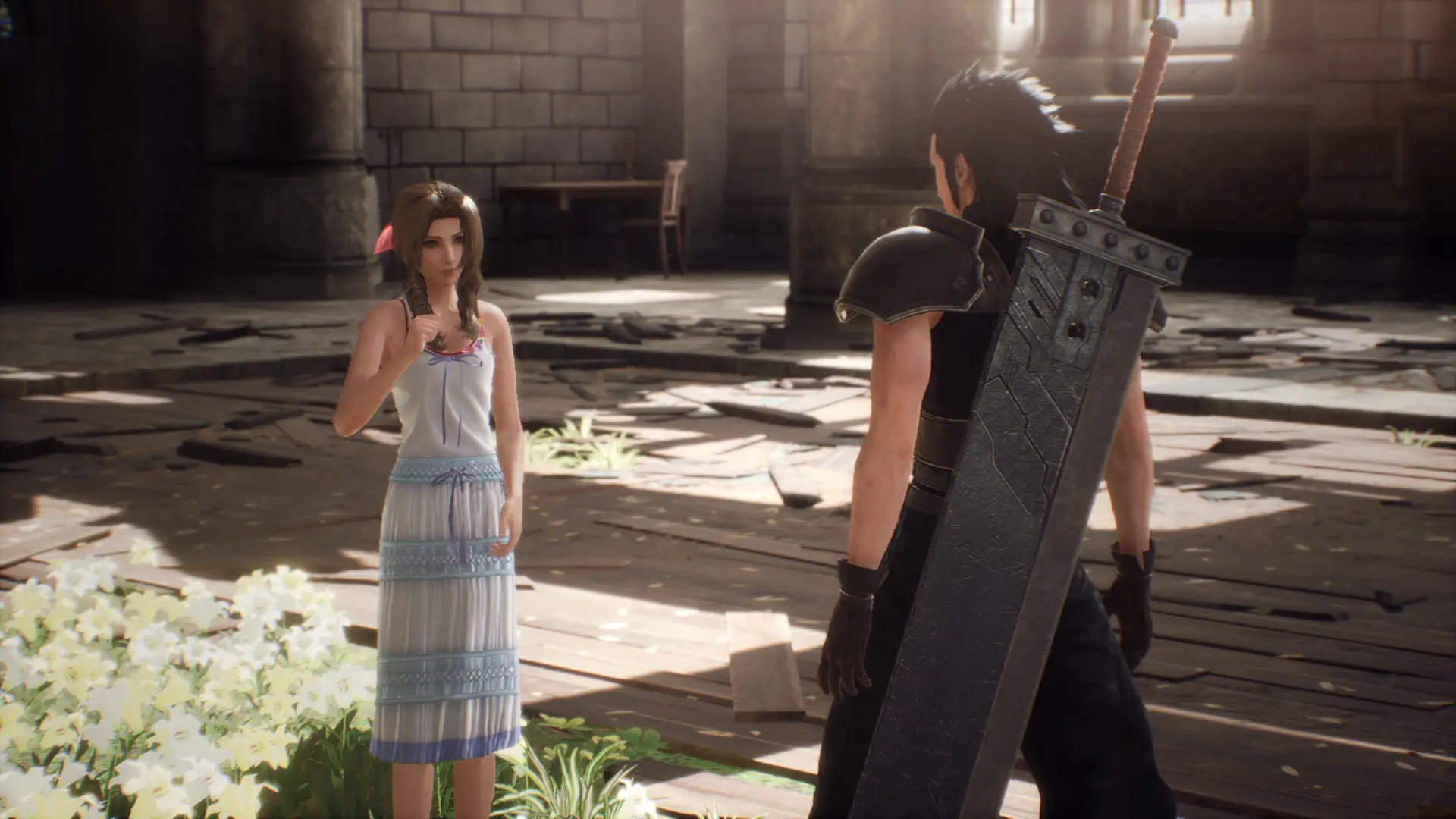
Moving on to the technical part of the presentation, Crisis Core: Reunion is built on Unreal Engine 4 and admittedly has undergone several improvements compared to the original game. On the one hand in the textures of the characters (mainly) and on the other hand in the details of the environment, which have undergone a good retouching, but the overall image is still reminiscent of a game of the previous generation. In common, if you expect graphics like those of Final Fantasy VII Remake, keep dreaming. However, we were very impressed with the soundtrack, which is excellent, whether accompanying Zack's wanderings or during battles. And for the voice-over, opt for the Japanese one so you won't have any complaints.
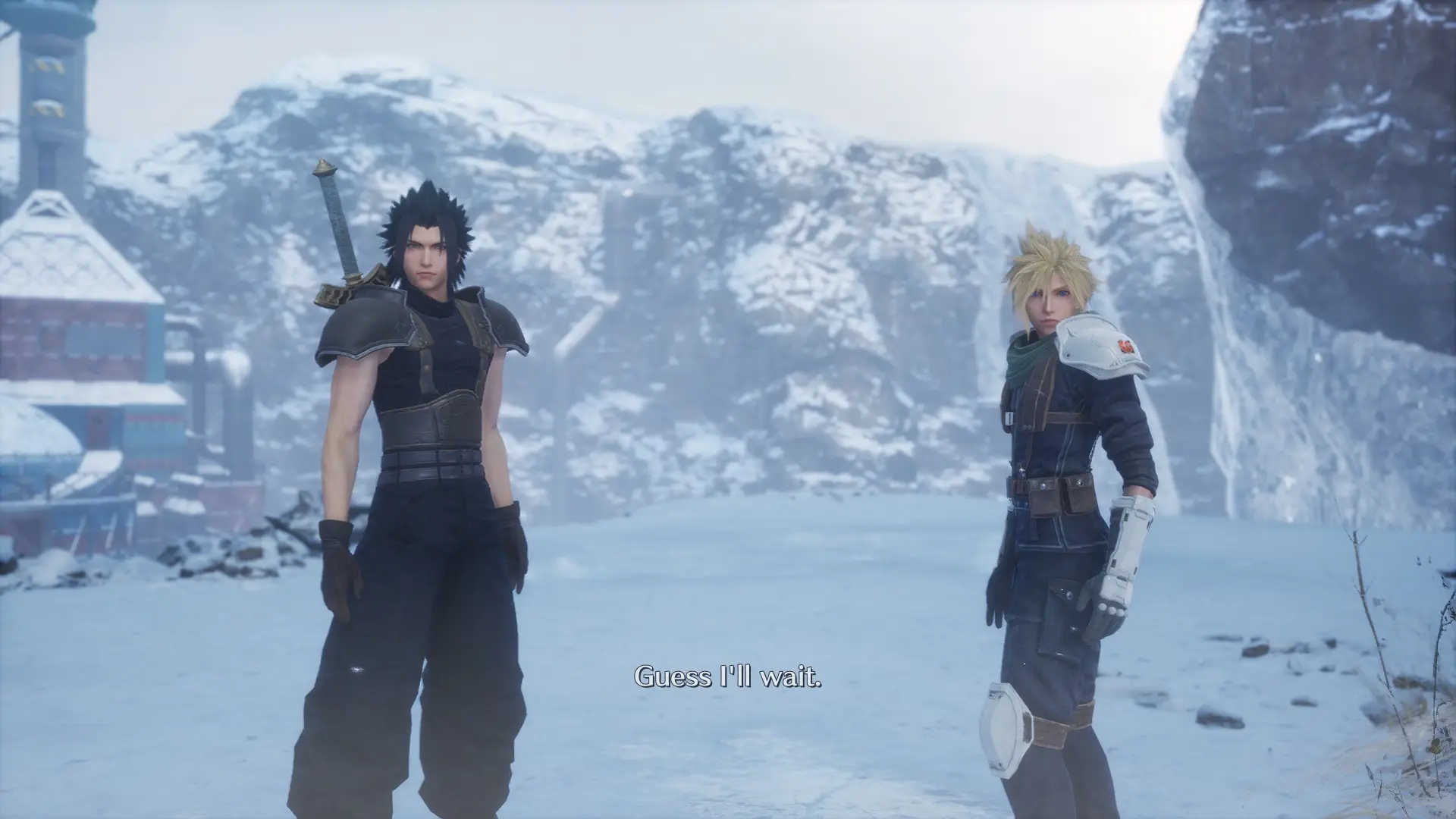
To sum up, Crisis Core Reunion is a very good remaster of a portable game, which, apart from intervening quite well in the audiovisual aspect, manages to successfully modernize its combat system, making it accessible in today's era. It's not perfect, in several places its age and portable origins show (especially with the limited maps), however, it's quite enjoyable and will certainly satisfy fans of Final Fantasy, and JRPGs in general, who don't have 100 free hours to get to the finale.
We would like to thank CD Media for providing the review code.
RATING - 80%
80%
Conflict resolved
Very good remaster of a PSP game that stands up well, even if its handheld origins show a lot.









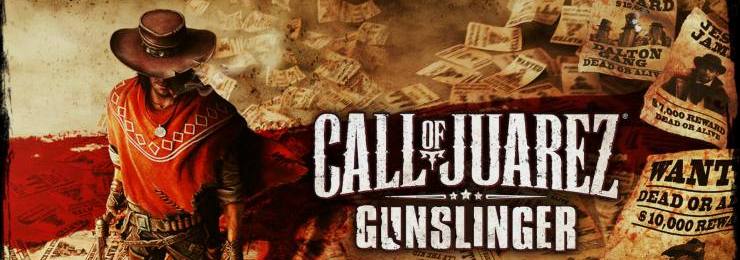
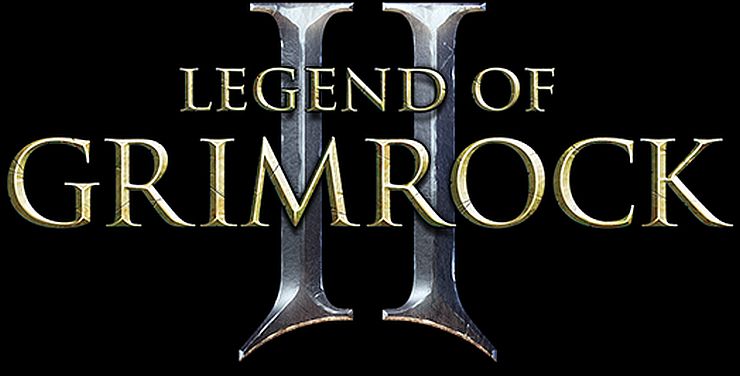

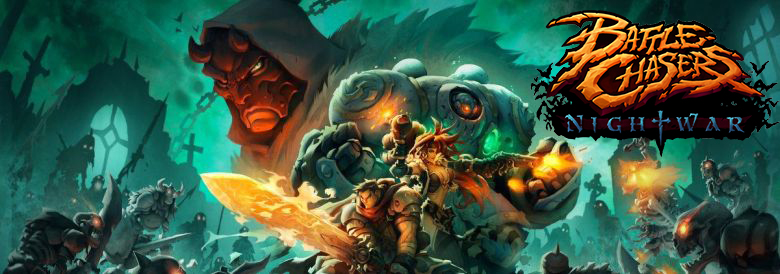


data-trpgettextoriginal=2 comments